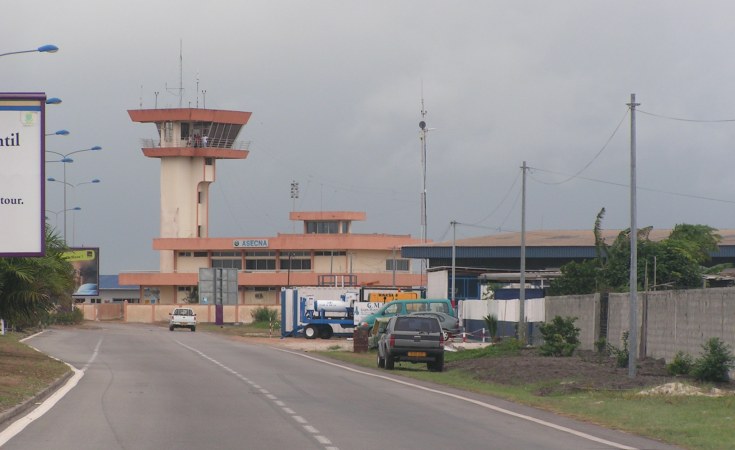Yaounde — Opposition and civil society groups are rallying in support of Gabon's coup leader, after a bloc of Central African states refused to lift the sanctions on Gabon they imposed after the military ousted President Ali Ben Bongo at the end of August.
There were demonstrations this week in the Gabonese cities of Libreville, Oyem and Franceville, as civil society groups call for an end to sanctions, including Gabon's suspension from the Central African Economic and Monetary Community, CEMAC, and Economic Community of Central African States, ECCAS.
Gabon was suspended from the economic blocs on September 1, two days after General Brice Oligui Nguema ousted President Bongo in a bloodless coup.
In a New Year's message, Oligui said he rescued Gabon from the iron fisted rule of Bongo, restored political stability and is improving delivery of water, electricity and health care. He said most of Gabon's debts have been settled within his four months of rule.
Opposition parties say the junta leader has also liberated scores of political prisoners, invited exiled opposition leaders and critics back to the country and is fighting against corruption that characterized the Ali Bongo regime.
They say he should be given time to organize elections, and say the international sanctions should be lifted, immediately.
Jean Delors Bitogue Bi Ntougou is a political scientist and researcher at the Libreville-headquartered Omar Bongo University.
He says the sanctions deprive Gabon of expressing opinions on topical local, regional and international issues and render the central African states' voice inaudible when countries meet during summits and conferences to discuss peace, security, the well-being of civilians and international cooperation. He says Gabon, like any other nation, wants to take part in discussions that shape the future of the world.
The military junta recently sent delegations to the United Nations, CEMAC and ECCAS member states to press for the lifting of the sanctions. Oligui said the coup was essential, because it prevented bloodshed from Gabon's opposition, which said Bongo stole their victory in Gabon's August 26 election.
In remarks to protesters, Oligui said he was surprised the diplomatic outreach didn't work.
Nestor Obiang Nzoghe, an expert in governance and development policy and an adviser to the ousted president's Gabonese Democratic Party, says if Gabon's military respects its promise to hand power to civilian rule, sanctions imposed by the international community will be lifted.
Nzoghe says central Africa's leaders who have clung to power for decades are reluctant to lift sanctions on Gabon for fear of setting a precedent for military takeovers.
He says Equatorial Guinea President Teodoro Obiang Nguema, who has ruled for about 45 years, Cameroon's President Paul Biya, who has been in power for 41 years, and Congo's Denis Sassou Nguesso, who has been president for about 40 years, may think that lifting sanctions and openly accepting General Oligui as Gabon's president can act as an encouragement for militaries in their countries to also seize power.
In November, Gabon's military government announced a program to organize free, transparent and credible elections to restore civilian rule by August 2025. The military leaders say before such elections, the sovereign people of Gabon will meet in a national dialogue in April 2024 to, among other things, adopt the transition plan.


